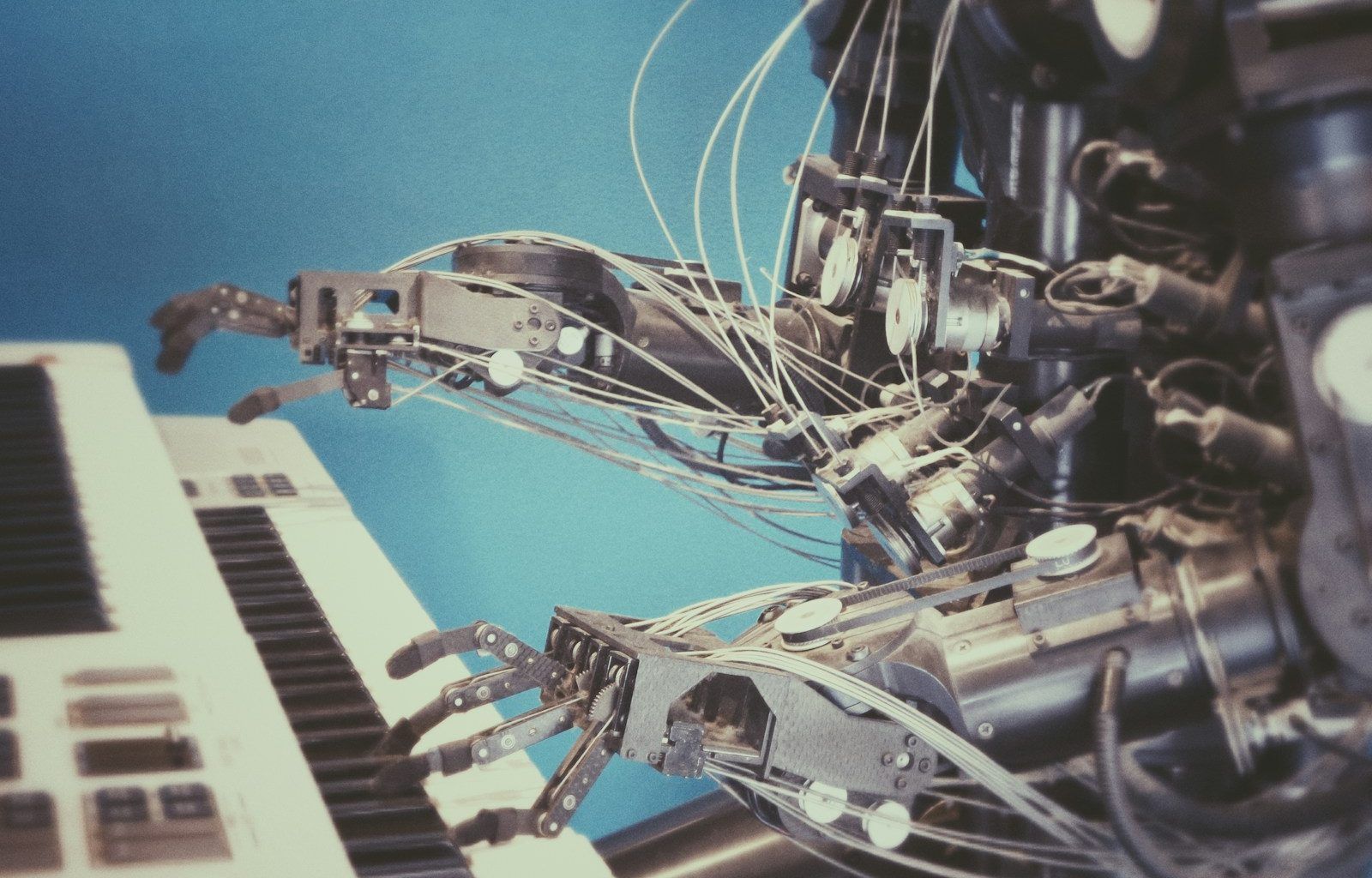When we think about music, we often picture an artist strumming a guitar, a producer tweaking sound levels, or a band jamming in a studio. But today, there’s a silent but powerful player changing the game: artificial intelligence. AI mastering music has become a revolutionary force, transforming the way songs are created, mixed, and mastered.
Music is no longer just about raw talent or traditional skills. With AI stepping into the spotlight, the boundaries of creativity are expanding. But how exactly is AI mastering music? And what does it mean for musicians, producers, and listeners? Let’s dive into this fascinating world where technology meets artistry.
What Is AI in Music Production?
AI in music production refers to the use of machine learning algorithms and artificial intelligence tools to assist in various stages of the music-making process. From composing melodies and writing lyrics to mixing and mastering tracks, AI is playing a crucial role. It’s not replacing humans but enhancing what they can do.
Think of AI as a collaborator, not a competitor. It helps artists overcome creative blocks, speeds up tedious tasks, and ensures the highest quality in music production. By analyzing vast amounts of data, AI can predict trends, refine sound quality, and even suggest improvements that a human ear might miss.
The Role of AI in Music Mastering
Music mastering is the final step in the production process. It’s where the magic happens—balancing the audio, refining the dynamics, and ensuring the track sounds polished across all devices. Traditionally, this was a job for seasoned engineers. Now, AI mastering tools like LANDR and iZotope are stepping in.
AI mastering music means tracks can be polished in minutes, not hours. These tools analyze the audio, detect imperfections, and apply adjustments to optimize the sound. They ensure consistency and quality without the need for expensive studio time.
How AI is Composing Music
Have you ever heard a song and thought, “This sounds like it was made by a machine”? That might just be true! AI is now composing original music, and it’s surprisingly good at it. Tools like OpenAI’s MuseNet and AIVA can create melodies in various styles, from classical symphonies to electronic beats.
These AI tools don’t just randomly string notes together. They analyze thousands of compositions to understand patterns, styles, and emotional cues. This allows them to create music that resonates with listeners while maintaining a unique vibe.
Breaking Creative Barriers
For many artists, creating music can sometimes feel like hitting a wall. Inspiration doesn’t always come easily. This is where AI steps in as a creative partner. By generating ideas, suggesting harmonies, or even writing lyrics, AI can spark creativity and keep the process flowing.
Imagine you’re stuck on a melody. An AI tool could suggest variations or chord progressions that might never have crossed your mind. It’s like having a virtual brainstorming partner who’s always ready to help.
Making Music Production More Accessible
One of the most exciting aspects of AI mastering music is how it’s democratizing the industry. High-quality production used to require expensive equipment and years of expertise. Now, anyone with a laptop and the right software can produce professional-grade music.
AI tools are making it easier for independent artists to compete with big-budget productions. They level the playing field, giving everyone a chance to shine.
The Emotional Touch of AI Music
Critics often argue that AI lacks the emotional depth of human creativity. But is that really true? AI is getting better at understanding emotions and translating them into music. By analyzing the mood of lyrics or the tone of a melody, AI can create compositions that feel deeply personal.
For example, AI can identify patterns in music that evoke specific emotions—like happiness, sadness, or nostalgia. It then uses these patterns to craft songs that connect with listeners on a deeper level.
Collaborative Tools for Artists and Producers
AI isn’t just about automating tasks; it’s about enhancing collaboration. Tools like Amper Music and Magenta allow artists to co-create with AI. These platforms offer suggestions, provide templates, and even adapt to an artist’s unique style.
This collaboration isn’t just for seasoned professionals. Beginners can use these tools to learn, experiment, and grow their skills. AI acts as both a mentor and a collaborator, guiding users through the creative process.
The Ethical Side of AI in Music
As AI mastering music becomes more common, ethical questions arise. Who owns a song created by AI? Is it fair to use AI-generated music in competitions? These are complex issues that the industry is still figuring out.
Many believe that AI should be seen as a tool, not a creator. The human artist still plays a central role in shaping the final product. But as AI gets smarter, the lines between human and machine creativity might blur even further.
The Future of AI in Music
The journey of AI mastering music is just beginning. As technology advances, we can expect even more sophisticated tools that understand genres, trends, and audience preferences.
Imagine a future where AI can predict what kind of music will be popular next year—or where it can create custom playlists that perfectly match your mood. These possibilities are closer than you think.
Embracing the Change
For some, the idea of AI mastering music might feel intimidating. But change often brings opportunity. By embracing these tools, artists and producers can push boundaries, explore new possibilities, and connect with audiences in innovative ways.
AI isn’t here to replace the heart and soul of music. It’s here to amplify it. Whether you’re a seasoned producer, an aspiring musician, or just a curious listener, there’s no denying the impact of AI in mastering music.
So, the next time you listen to a track, consider this: a touch of AI might just have made it even better. The fusion of technology and artistry is creating a soundscape like never before. Are you ready to tune in?
For further reading, explore these related articles:
- 10 Songs About Family Love: Celebrating Bonds That Last Forever
- Exploring BTS Popular Songs: Music That Touched the World
For additional resources on music marketing and distribution, visit Deliver My Tune.






